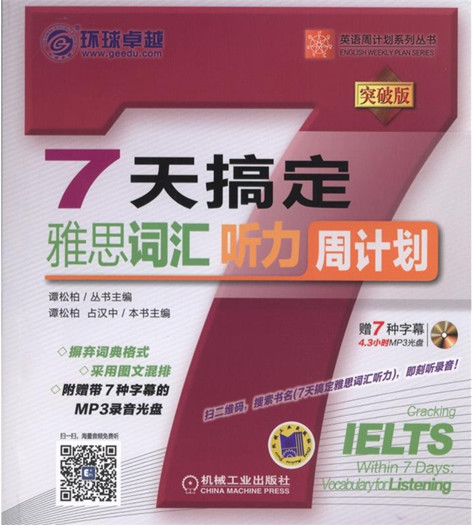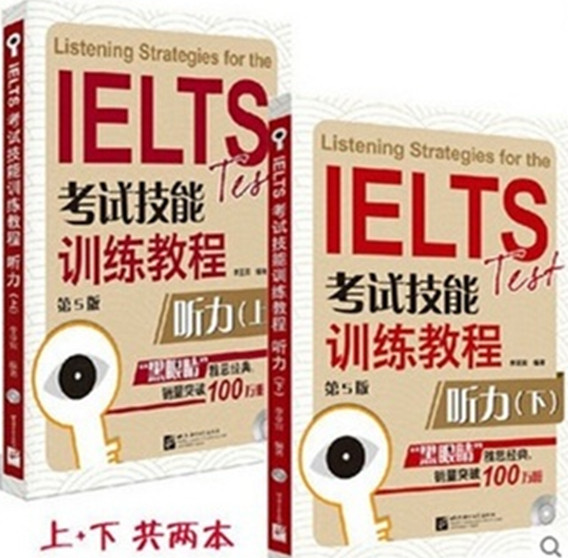2018年5月19日雅思大作文预测:讨论观点型
参考题目3
富国该如何帮助穷国 Developing countries require help offered by international organization to ensure healthy and sustainable development. S...
富国该如何帮助穷国 Developing countries require help offered by international organization to ensure healthy and sustainable development. Some people think that financial aid is important. Others believe that practical aid and advice is more important. Discuss both views and give your own opinion.
题型
讨论观点型
解题思路
1. 确保政府的运行,恢复银行业务以及对于企业的贷款。 2. 金钱是最灵活的援助,它能满足不同国家的一切需求,因为它能进行购买,而实际的援助很多情况下可能不是穷国所真正需要的。举例,给越南大米没有用,它不缺粮食,它的大米可以自给自足,甚至可以出口。经济援助的风险: 1. 缺乏监管,金钱可能被穷国的官僚贪污。 2. 会被用于打内战,这加剧了平穷。 3. 金钱无法买来一切,比如说各个行业的人才,教师,医生,还有各种相关的知识,技能和经验。
范文
What kinds of relief from rich countries should be given priority in terms of supporting developing countries? Some people think the best resolution of this issue is simply money. Others, however, refute that other auxiliary measures, instead of finance, are a wiser decision. Personally, I am in favor of the latter view, and the supporting reasons will be presented as below. Firstly, financial aids allow a poor country to build up an effective government by paying salaries of governmental personnel without delay. With stable income, most officials would be satisfied and motivated to be fully in charge of social technical, executive and supervisory positions, thus lifting the community out of street violence and crimes. Besides, financial injection helps to restore the banking system. Accordingly, what the capital input brings includes vibrant industry and business, ever-increasing job opportunities and tax revenue for public welfare. Another reason for supporting financial aids is that money is always a favored kind of donation, because it gives recipients in poor countries a high flexibility to buy what they really lack. In fact, practical needs are always variable and unpredictable in different countries, peoples and times, so that it is very likely that the common physical goods endowed from rich countries may not precisely suit demands of local regions. Therefore, straight money support is indispensable, and its universal effectiveness is always superior to any other goods-based donation. However, financial aids do not come without risks, and one of them is about their misuse. Obviously, in too many developing countries lacking democracy, public supervision, or accountability and transparency in government operation, there is a high possibility that the money might be appropriated for personal sake or even flow into the pocket of bureaucrats--corruption in short, expectedly. Consequently, the final application of financial support would depart from its initial charitable purpose, and it will make social poverty worse, not better. Moreover, when it comes to healthy and sustainable growth, there are more to require for a poor country than just buying stuffs by money. Specifically, the acquirement of core factors that have lasting and fundamental impacts on the society, such as qualified teachers, doctors, lawyers and scientists, cannot be achieved by buying, but rather by systematic training and teaching. For example, professional teams containing experts in all kinds of fields from science to medication, from law to social work, should be sent in poor countries for the purpose of educating their future talents. In conclusion, financial aids are always the prerequisite for economy resurgence. To a larger extent, however, money is very confined and even risky, and other applicable assistances, especially the ones related to human resources, should be introduced into impoverished countries.(446字)
- 03-27·2019年4月6日雅思写作小范围机经预测
- 03-25·2019年4月27日雅思写作机经预测
- 03-20·2019年4月25日雅思写作机经题目预测及范文
- 03-19·2019年4月13日雅思写作机经预测
- 03-18·2019年4月6日雅思写作小范围预测
- 12019-02-262019年3月9日雅思写作小范围预测
- 22019-02-122019年2月16日雅思写作机经预测
- 32019-01-262019年1月26日雅思写作小范围预测
- 42019-01-172019年1月19日雅思写作大范围预测
- 52019-01-172019年1月19日雅思写作小范围预测
编辑推荐
- 模拟试题
- 历年真题





